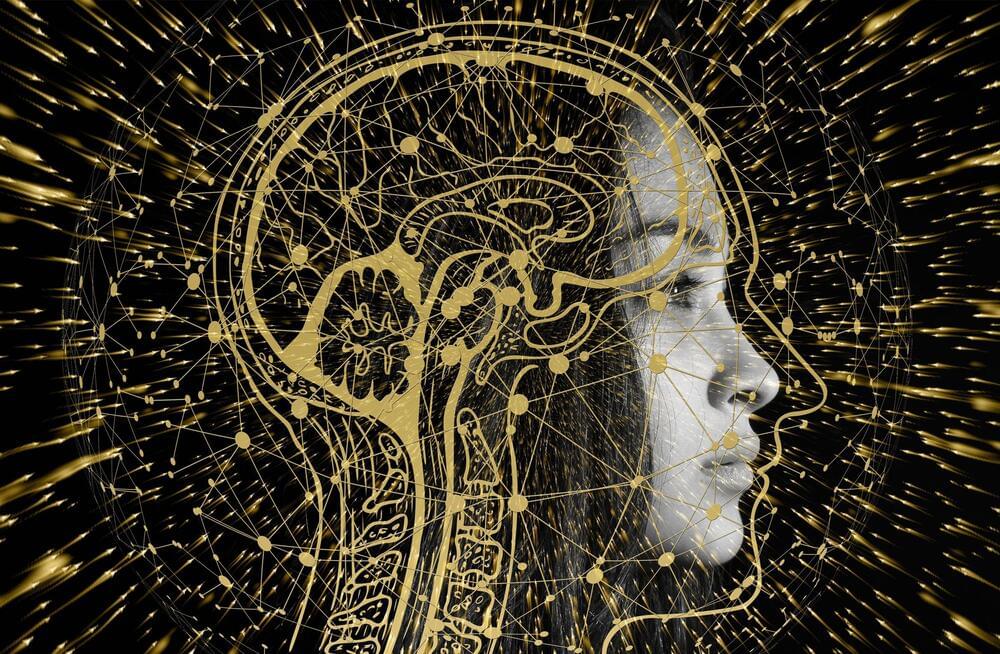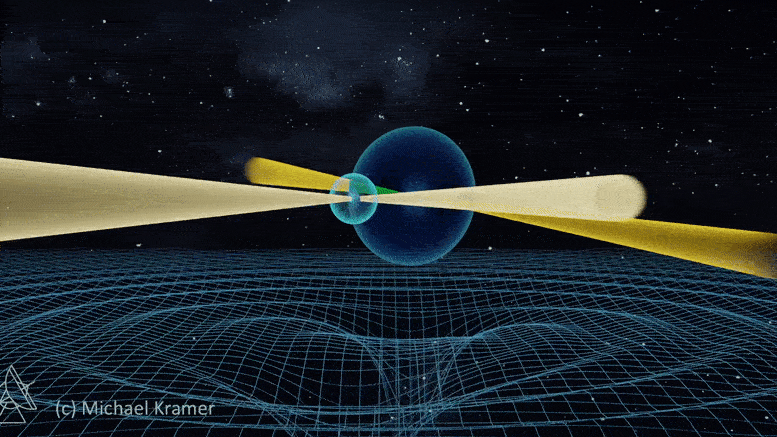The Neuro-Network.
𝐍𝐞𝐰 𝐦𝐞𝐭𝐚𝐜𝐨𝐠𝐧𝐢𝐭𝐢𝐨𝐧 𝐫𝐞𝐬𝐞𝐚𝐫𝐜𝐡 𝐩𝐫𝐨𝐯𝐢𝐝𝐞𝐬 𝐢𝐧𝐬𝐢𝐠𝐡𝐭 𝐢𝐧𝐭𝐨 𝐡𝐨𝐰 𝐭𝐡𝐞 𝐛𝐫𝐚𝐢𝐧 𝐥𝐨𝐨𝐤𝐬 𝐚𝐭 𝐢𝐭𝐬𝐞𝐥𝐟
𝙄𝙣 1,884, 𝙬𝙝𝙞𝙡𝙚 𝙖𝙩𝙩𝙚𝙢𝙥𝙩𝙞𝙣𝙜 𝙩𝙤 𝙙𝙚𝙛𝙞𝙣𝙚 𝙩𝙝𝙚 𝙡𝙞𝙢𝙞𝙩𝙨 𝙤𝙛 𝙝𝙪𝙢𝙖𝙣 𝙥𝙚𝙧𝙘𝙚𝙥𝙩𝙞𝙤𝙣, 𝘾𝙝𝙖𝙧𝙡𝙚𝙨 𝙋𝙞𝙚𝙧𝙘… See more.
In 1,884, while attempting to define the limits of human perception, Charles Pierce and Joseph Jastrow discovered something else: the limits of our insight into ourselves.
Participants in their experiments systematically under-rated their ability to correctly judge their own sensations, which Pierce and Jastrow offered as an explanation of “the insight of females as well as certain ‘telepathic’ phenomena”. These particular implications have thankfully been left behind (along with the conceptual relationship between telepathy and female insight). But by the late 1970s this approach of asking participants to rate their own performance had emerged as its own field of research: the study of “metacognition”.
Broadly, this ability to self-reflect and think about our own thoughts allows us to feel more or less confident in our decisions: we can act decisively when we’re confident we are correct, or be more cautious after we feel we’ve made an error.






